Filter by
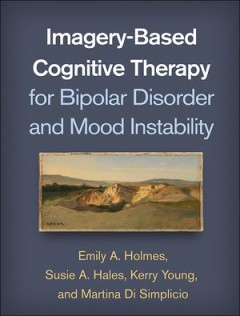
Imagery-Based Cognitive-Behavioral Assessment
This volume brings together leading experts to explore the state of the art of cognitive clinical assessment and identify cutting-edge approaches of interest to clinicians and researchers. The book highlights fundamental problems concerning the validity of assessments that are widely used in cognitive-behavioral therapy (CBT). Key directions for further research and development are identified. …
- Edition
- -
- ISBN/ISSN
- 9781462518128
- Collation
- -
- Series Title
- -
- Call Number
- -
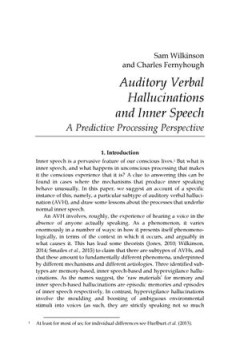
Auditory Verbal Hallucinations and Inner Speech
Inner speech is a pervasive feature of our conscious lives.1 But what is inner speech, and what happens in unconscious processing that makes it the conscious experience that it is? A clue to answering this can be found in cases where the mechanisms that produce inner speaking behave unusually. In this paper, we suggest an account of a specific instance of this, namely, a particular subtype of a…
- Edition
- -
- ISBN/ISSN
- 9781845409203
- Collation
- -
- Series Title
- -
- Call Number
- -
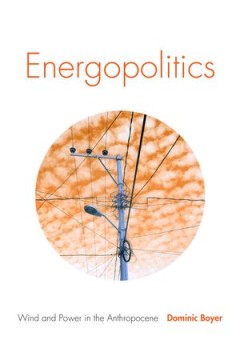
Energopolitics
Between 2009 and 2013 Cymene Howe and Dominic Boyer conducted fieldwork in Mexico's Isthmus of Tehuantepec to examine the political, social, and ecological dimensions of moving from fossil fuels to wind power. Their work manifested itself as a new ethnographic form: the duograph—a combination of two single-authored books that draw on shared fieldsites, archives, and encounters that can be pro…
- Edition
- -
- ISBN/ISSN
- 9781478003137
- Collation
- -
- Series Title
- -
- Call Number
- -
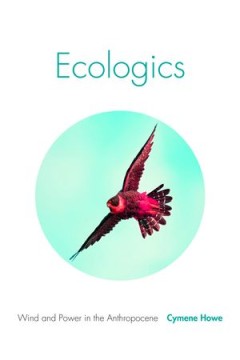
Ecologics
Between 2009 and 2013 Cymene Howe and Dominic Boyer conducted fieldwork in Mexico's Isthmus of Tehuantepec to examine the political, social, and ecological dimensions of moving from fossil fuels to wind power. Their work manifested itself as a new ethnographic form: the duograph—a combination of two single-authored books that draw on shared fieldsites, archives, and encounters that can be pro…
- Edition
- -
- ISBN/ISSN
- 9781478003199
- Collation
- -
- Series Title
- -
- Call Number
- -
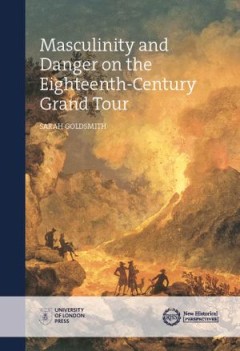
Masculinity and Danger on the Eighteenth-Century Grand Tour
The Grand Tour was a journey to continental Europe undertaken by British nobility and wealthy landed gentry during the seventeenth and eighteenth centuries. As a rite of passage, the Tour also played an important role in the formation of contemporary notions of elite masculinity. Examining letters, diaries and other records left by Grand Tourists, tutors and their families, this book demonstrat…
- Edition
- -
- ISBN/ISSN
- 9781912702220
- Collation
- -
- Series Title
- -
- Call Number
- -
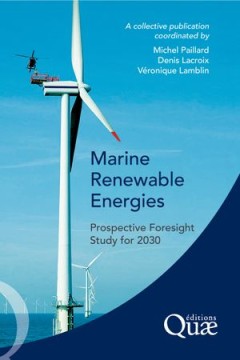
Marine renewable energies: Prospective foresight study for 2030
The ocean is a huge reservoir of renewable energy sources, such as wind, currents, tides, waves, marine biomass, thermal energy, osmotic power, and so on. Like other maritime nations in Europe, France enjoys significant potential to develop these energy sources, especially overseas. In March 2007, Ifremer's chairman launched a prospective foresight study on these energies for the time horizon o…
- Edition
- -
- ISBN/ISSN
- 9782759201839
- Collation
- -
- Series Title
- -
- Call Number
- -
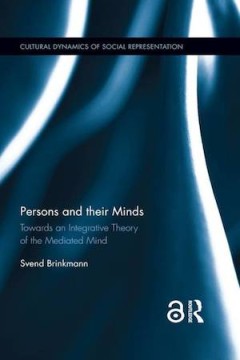
Persons and Their Minds Towards an Integrative Theory of the Mediated Mind
Today's approaches to the study of the human mind are divided into seemingly opposed camps. On one side we find the neurosciences, with their more or less reductionist research programs, and on the other side we find the cultural and discursive approaches, with their frequent neglect of the material sides of human life. Persons and their Minds seeks to develop an integrative theory of the mind …
- Edition
- -
- ISBN/ISSN
- 9781315623658
- Collation
- -
- Series Title
- -
- Call Number
- -
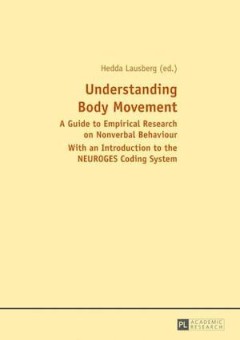
Understanding Body Movement A Guide to Empirical Research on Nonverbal Behav…
Understanding Body Movement is an interdisciplinary guide to empirical research on nonverbal behaviour. It focuses on tools and procedures to investigate body movement and gesture and the relation to cognitive, emotional, and interactive processes: NEUROGES, ELAN, interrater agreement, etc.
- Edition
- -
- ISBN/ISSN
- 9783631582497
- Collation
- -
- Series Title
- -
- Call Number
- -
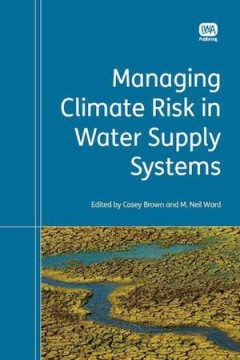
Managing Climate Risk in Water Supply Systems
Water resources systems provide multiple services and, if managed properly, can contribute significantly to social well-being and economic growth. However, extreme or unexpected hydroclimatic conditions, such as droughts and floods, can adversely affect or even completely interrupt these services. This text seeks to provide knowledge, resources and techniques for water resources professionals t…
- Edition
- -
- ISBN/ISSN
- 9781780400587
- Collation
- -
- Series Title
- -
- Call Number
- -
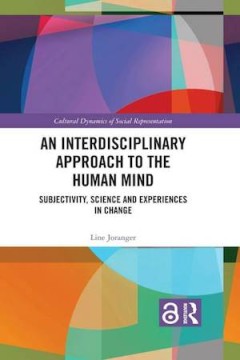
An Interdisciplinary Approach to the Human Mind Subjectivity, Science and Ex…
One of the main aims of modern mental health care is to understand a person's explicit and implicit ways of thinking and acting. So, it may seem like the ultimate paradox that mental health care services are currently overflowing with brain concepts belonging to the external, visible brain-world and that neuroscientists are poised to become new experts on human conduct. An Interdisciplinary App…
- Edition
- -
- ISBN/ISSN
- 9781138233423
- Collation
- -
- Series Title
- -
- Call Number
- -
 Computer Science, Information & General Works
Computer Science, Information & General Works  Philosophy & Psychology
Philosophy & Psychology  Religion
Religion  Social Sciences
Social Sciences  Language
Language  Pure Science
Pure Science  Applied Sciences
Applied Sciences  Art & Recreation
Art & Recreation  Literature
Literature  History & Geography
History & Geography